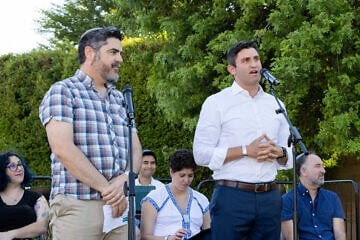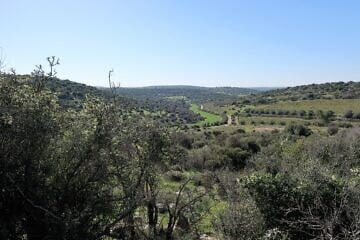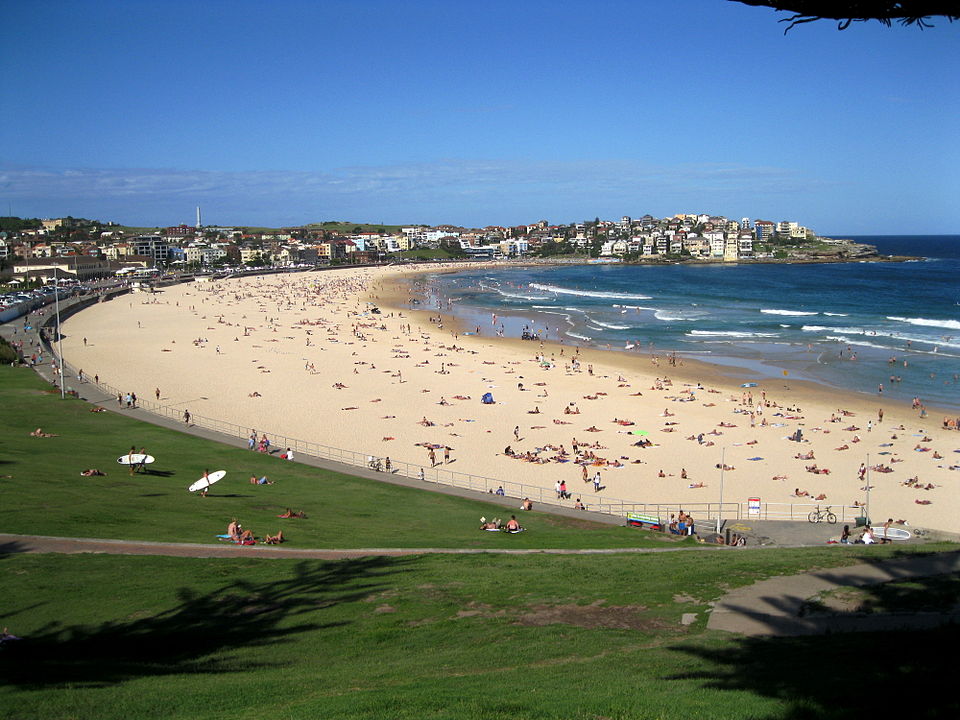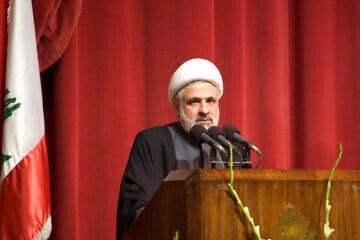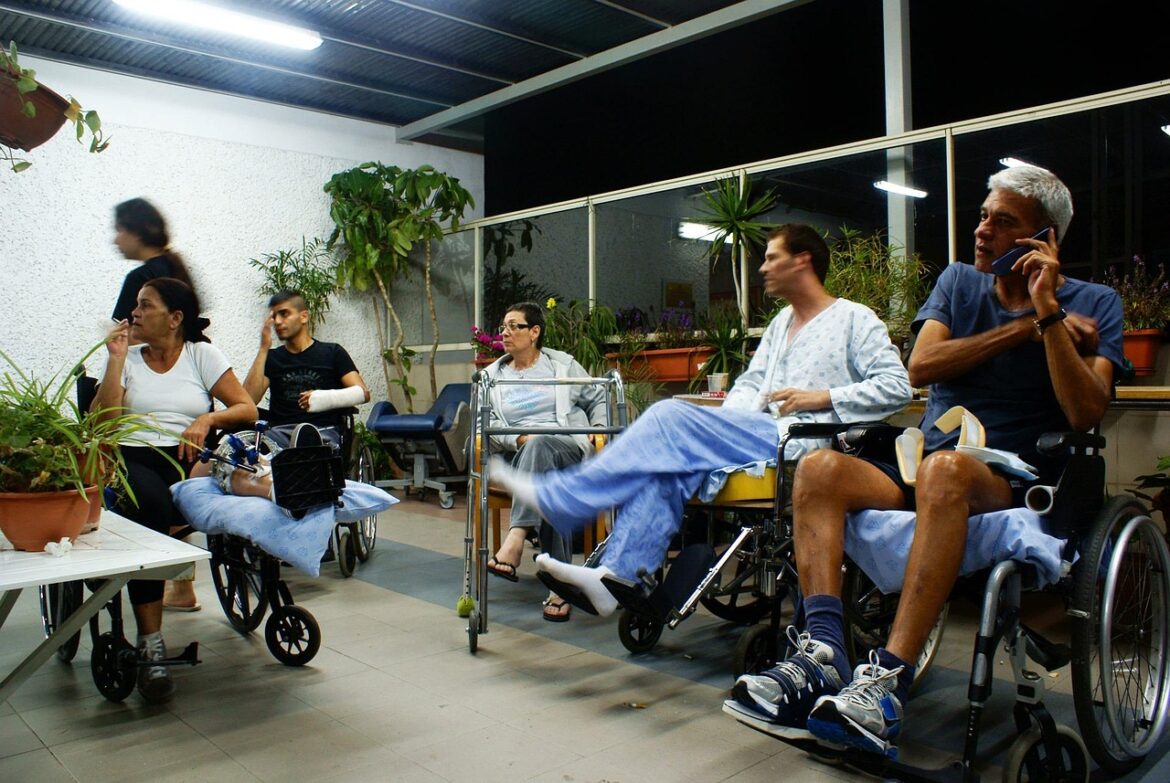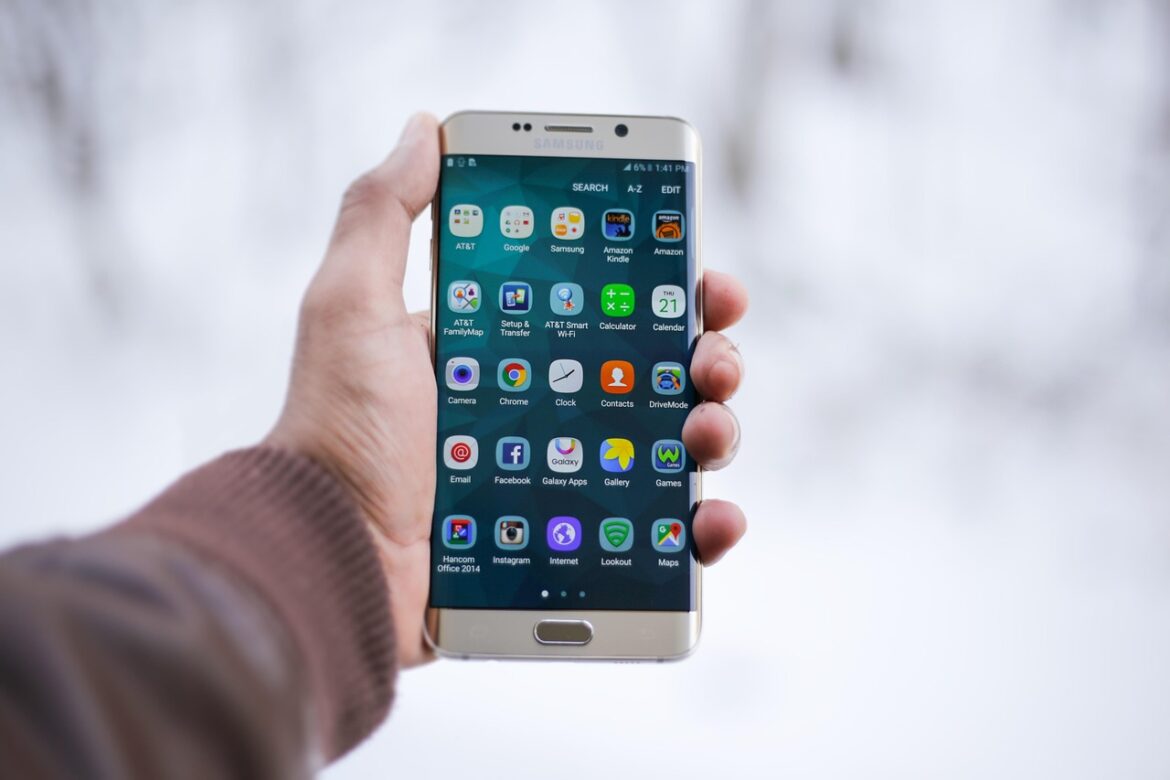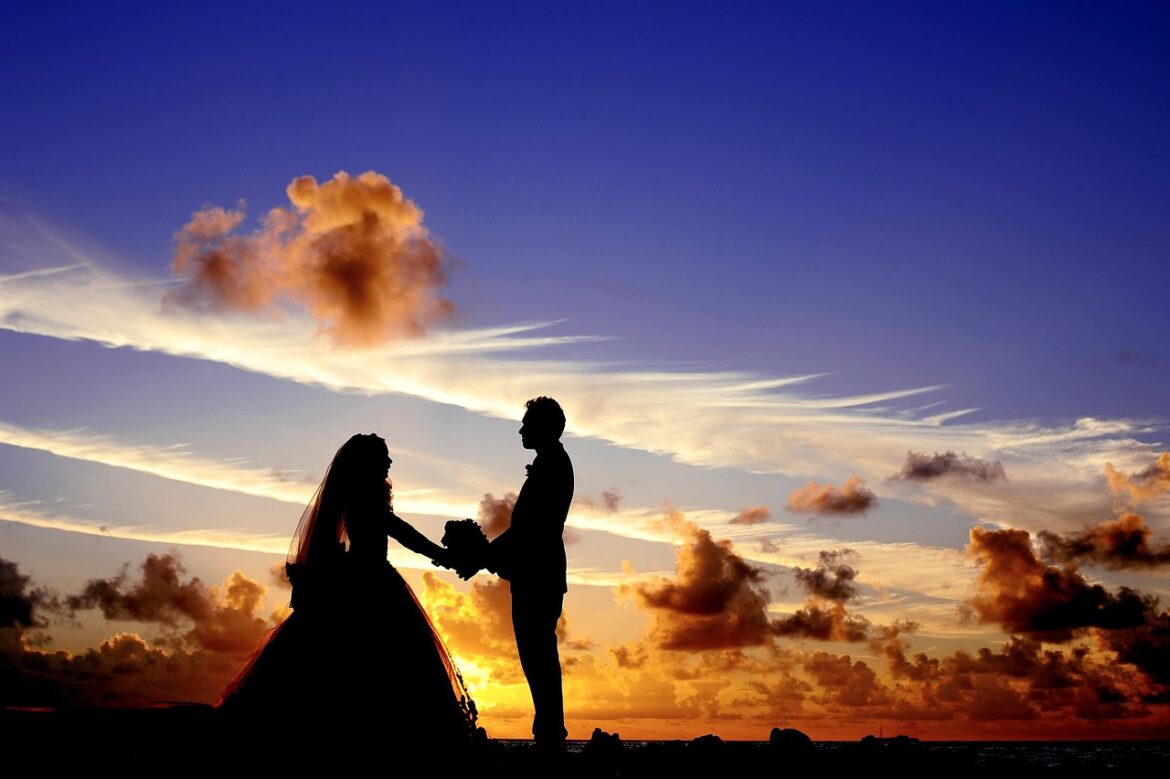“In my lifetime, it’s never been tougher to be a Jew in America,” Rep. Brad Sherman told JNS.
Aaron Bandler
(JNS)
As a student at Oak Park High School outside Los Angeles, Jesse Gabriel grew up with school holidays on Rosh Hashanah and Yom Kippur, and he and his peers “took it for granted that we were safe in America and we’d be protected,” the California state representative told JNS.
“I used to tell people growing up that I thought antisemitism was something that happened in Berlin in 1939,” the Democrat, who co-chairs the California Legislative Jewish Caucus, said. “Unfortunately, our eyes are opening to the fact that the world is a difficult and complicated place and that there are real people out there that hate us and are ignorant.”
“That’s why we have to take measures to strengthen our community and protect ourselves,” Gabriel said.
The state representative and Rep. Brad Sherman (D-Calif.), who is also Jewish, spoke with JNS during an Aug. 15 “Shabbat in the Park” event hosted by the Jewish Federation of Greater Los Angeles at de Toledo High School, a private Jewish school in the West Hills neighborhood of Los Angeles.
More than 500 people, including many families, attended the event, which included a Friday night prayer service and live music.
“At a moment when the world feels like it’s totally upside down, it is really nice to be in community, to feel the opportunity to welcome Shabbat with so many friends and neighbors,” Gabriel told JNS.
‘Never been as bad as it is today’
On Aug. 10, an antisemitic vandal targeted the area near the Israeli-American Council’s headquarters in the Los Angeles suburb of Woodland Hills, which both Sherman and Gabriel represent.

Sherman told JNS that there has always been some Jew-hatred in the area, but “it’s never been as bad as it is today.”
“We have to fight against antisemitism coming from all directions, from the far-right, from the far-left and from Islamic extremists,” he said. “In my lifetime, it’s never been tougher to be a Jew in America.”
Gabriel told JNS that the vandalism of the area near the IAC building was “really sad and unfortunately not surprising.”
“It’s a reminder to us that we’re not immune from this, even if you live in this wonderfully thriving Jewish community like the west San Fernando Valley,” he said.
‘Support the chancellor’
The Jewish caucus and California Gov. Gavin Newsom, a Democrat, jointly stated on Aug. 8 that the Trump administration’s reported $1 billion settlement offer with the University of California amounted to a “political shakedown.”
JNS asked the two California Jewish lawmakers about the Trump administration’s decision to freeze hundreds of millions of dollars in funding to the University of California, Los Angeles, which a district judge curbed.
The Trump administration’s actions aren’t helpful to Jews, according to Sherman. “Who in the Jewish community wants to be told, ‘UCLA’s going to be destroyed for the Jews?’” he told JNS. “That’s not something anybody has asked for.”
Sherman noted that UCLA has “an antisemitism problem,” which he said he has discussed with Julio Frenk, the UCLA chancellor. “He would want to go in the direction that I think they ought to go, and that is to recognize the IHRA definition of antisemitism,” Sherman told JNS, of the International Holocaust Remembrance Alliance’s working definition of Jew-hatred.
“You can’t fight antisemitism if you won’t define it, and calling for the abolition of Israel is antisemitic,” the congressman said. UCLA must take every reported instance of Jew-hatred seriously, and “there can never be a situation where they lose control,” he added.
Gabriel told JNS that the Trump administration’s actions are “very counterproductive” and said that “cutting off funding for life-saving medical research—it’s not going to make Jewish students safer.”
The state representative and colleagues “took a very hard line in the legislature” against the “very serious problem of antisemitism” at UCLA and the wider university system, he told JNS.

The UCLA chancellor, whose family fled the Nazis and whose wife is the daughter of a survivor, “feels this issue in his kishkes,” Gabriel told JNS. “It is personal to him.” (The Yiddish term means “intestines.”)
Gabriel cited actions taken by UCLA against the Students for Justice in Palestine chapter on campus this year and Frenk’s engagement with Jewish faculty, staff and students.
“When you have a leader there that is doing the right thing—that is addressing it with the thoughtfulness and nuance that it deserves—I think the right response is to support the chancellor and let him do his thing,” Gabriel said.
‘In Hamas’s interest that Palestinians starve’
Sherman stated on Aug. 7 that “the ongoing hunger crisis in Gaza is tragic, and all must come together to reverse it immediately.”
“Israel, the United Nations and all nongovernmental organizations operating in Gaza must work to surge humanitarian aid to the people of Gaza—not Hamas or criminal gangs, who exacerbate this hunger crisis by reselling free aid for astronomical prices in local markets,” he stated. “The best way to undercut this criminal enterprise is to flood Gaza with food aid and eliminate scarcity.”
The congressman told JNS that the Jewish state is under attack on eight fronts—seven of which are military fronts. The eighth is “worldwide public opinion,” which he said is the only front Israel is losing.
“It is in Hamas’s interest that Palestinians starve. They knew that going into this. They thought the blood of Palestinians would get them their political objective,” Sherman said. “Israel shouldn’t be talking about, ‘How do you provide enough food for the residents of Gaza?’ They should create an obesity problem in Gaza. There should be three times as much food as anybody can eat.”
“If you do that, then you improve Israel’s position worldwide,” the congressman said. “That doesn’t mean you have to stop going after Hamas.”
Sherman also told JNS that the U.N. World Food Programme must do more to address food security in Gaza. He noted the organization’s “refusal to cooperate with Israel” and tendency to “then blame Israel for it.”
The congressman called for the Jewish state to send so much aid to Gaza that it creates “a situation where food is being smuggled out of Gaza, because they have too much of it.”
‘Actions speak louder than words’
A coalition of Jewish groups stated on July 7 that the California Teachers Association’s decision to oppose a bill in the state legislature that would address Jew-hatred at K-12 schools was “offensive and fundamentally hypocritical.”
Gabriel told JNS that the coalition’s letter was “exactly right” and he was “very disappointed” by the union’s opposition to the bill, which he said was “moving the goalposts.”
“People have made an effort to engage with CTA, to hear their concerns, to work with them thoughtfully, and I have seen all the work that the authors have put in and others have put in, to be on phone calls with them and to work through their issues,” he told JNS. “It gets really frustrating when people keep moving the goalposts.”
The union can claim that it is committed to fighting Jew-hatred, but “actions speak louder than words,” he said. “At some point, you’ve got to be part of the solution and not part of the problem.”
Although some have said that the bill would stifle a teacher’s ability to teach freely, Gabriel told JNS that there are already “safeguards” in place about other controversial subjects.
“There’s not this unlimited power for teachers in the classroom to say anything,” he said. “They have to be sensitive. They have to be thoughtful. They have to comply with anti-discrimination law.”
“All we’re asking for is that Jewish students have the same protections in the classroom as any other group of students,” he said.
The state lawmaker told JNS that the president pro tempore of the state Senate is committed to delivering a “meaningful bill’ this year.
“We’ll have a better sense of where things are really in a week or two,” Gabriel said.
Featured Image: Rabbi Noah Farkas (left), president and CEO of Jewish Federation Los Angeles, and California state assemblymember Jesse Gabriel speaking at a “Shabbat in the Park” event hosted by the Jewish Federation of Greater Los Angeles at de Toledo High School in the West Hills neighborhood of Los Angeles, Calif., on Aug. 15, 2025. Photo by Jodye Alcon Photography.
